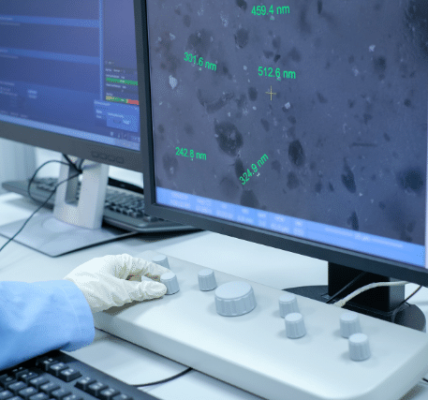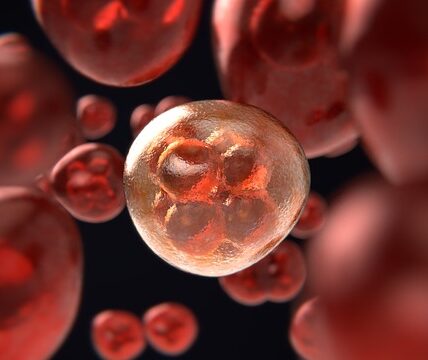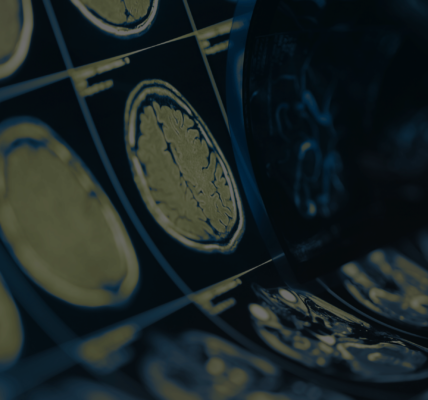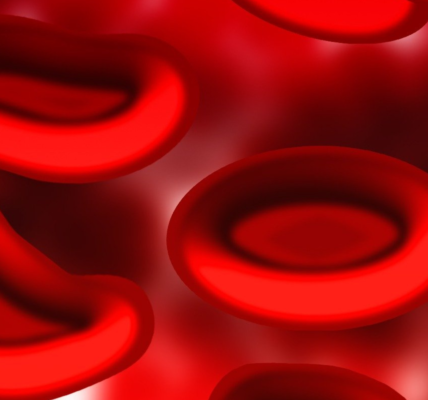Epigenetic memory is a key cell mechanism in processing of life that can controls the inheritance of functional characteristics of a normal cell into the new cell having newly acquired properties. In this activity cell remembers its originality while dividing into the new cell. But while doing this, a cell may have lost some of the major information which can lead to the genome deterioration.
The cells might lose important information while dividing, researchers want to know the how cells
transfers their exact information into the new cell so that we could make the cells to preserve the original information and will be able to slow down the aging process and even counteract the cancer.
Corresponding author and Professor Anja Groth says that, “It is a part of the amazingly complex network acting to maintain function of each cell in our body. If we disrupt this mechanism we could make cells forget their identity and this could help turning them into other cell types which is useful in regenerative medicine.”
The Mechanism:
In scientific terms, this newly discovered mechanism is called as H2A-H2B mediated epigenetic memory. The genome describes all kinds of structural and functional characteristics for cell types, organs and tissues. It is necessary that each and every cell uses the accurate combination of information. If the accumulation of information is too low or to high the cell might lose its functionality or become
cancerous in nature.
There must be a tracking system through which we can make sure that the exact combination of information is getting transferred into the new cell. But again the cell division process is fast enough to track that if we put the bookmarks over it; we might destroy the identity of the cell and can lead to cancer and aging. To overcome this challenge, cells use post-it system (Postdoc Valentin Flury, first
author of the study). With the help of this mechanism, the epigenetic cell memory remains intact during the cell division. This mechanism was tested on Histone molecules. During studies, it was observed that the epigenetic information present on the histone molecules H2A-H2B is accurately transmitted onto the H3 and H4 molecules during DNA replication.
It is very important to know that there are several layers of memory signals that play vital role in transmitting functionally crucial information into the next generation with complex network signalling which helps to guide the growth and counteract cancer and aging.
1 COMMENTS
Comments are closed.























Very informative ,nice information